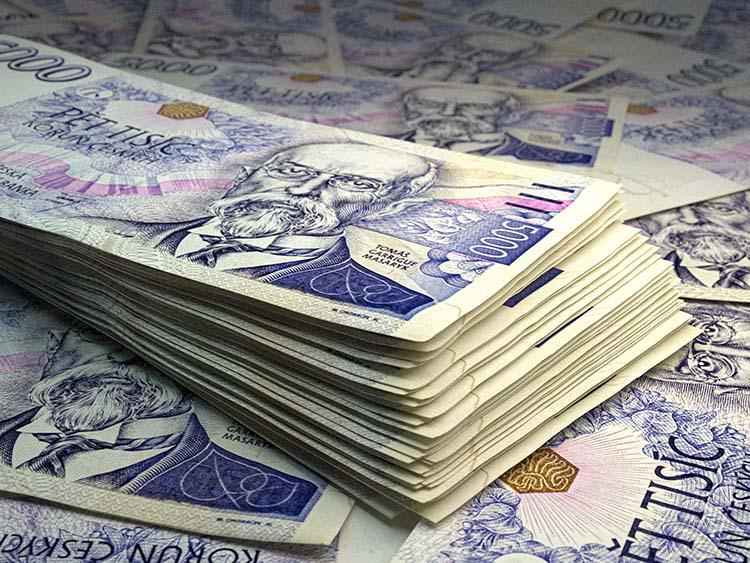Czech budget deficit narrows to CZK 175.8 billion in August
The Czech Republic’s state budget deficit decreased to CZK 175.8 billion by the end of August, down from CZK 192.3 billion in July, according to the Treasury Department’s latest report. While this marks the best fiscal performance in the past five years, the deficit still ranks as the fifth highest in the country’s history. In comparison, last August’s deficit stood at CZK 194.6 billion.
Budget revenues for the first eight months of 2024 reached CZK 1.27 trillion, a 2% increase from the previous year. Expenditures totaled CZK 1.446 trillion, up 0.4% year-on-year.
Finance Minister Zbyněk Stanjura expressed optimism about meeting the full-year deficit target of CZK 252 billion, contingent on continued responsible spending by the government. “Despite rising mandatory payments in social sectors, health care, state security, and debt servicing, our overall expenditure has remained stable. On the revenue side, tax collections are improving, driven by measures from the recovery package,” Stanjura stated.
Tax and insurance collections were the primary drivers of revenue growth, with a 7.2% increase year-on-year. Personal income tax collections surged by 14.2% to CZK 107.2 billion, supported by wage growth and policy changes, such as lowering the threshold for higher tax rates. Compulsory insurance premiums brought in CZK 497.1 billion, a 9.2% increase from the previous year.
Value-added tax (VAT) revenues rose by 6.2% to CZK 245 billion, while excise duty collections grew by 9.6% to CZK 105.7 billion. However, revenues from direct taxes fell by 10.9% to CZK 110.4 billion, and EU funding contributions decreased by CZK 27.3 billion, affecting the budget’s revenue side.
Social benefits remained the largest expenditure, with the state disbursing CZK 603 billion, a 4.4% increase year-on-year. Pension payments accounted for CZK 474.7 billion of this total. Support expenditures related to high energy prices decreased by CZK 47.4 billion compared to last year.
Capital expenditures reached CZK 103.1 billion by the end of August, an 11% decrease year-on-year. Funding for the State Fund for Transport Infrastructure and the State Environmental Fund saw significant reductions, reflecting a shift in state investment strategies due to the transition to a new European financial framework.
For 2024, the state budget anticipates revenues of CZK 1.94 trillion and expenditures of CZK 2.19 trillion, targeting a deficit of CZK 252 billion. This would mark an improvement from last year’s deficit of CZK 288.5 billion, which was the best result since the onset of the COVID-19 pandemic but still the fourth largest in Czech history.
Looking ahead, the Ministry of Finance projects that the budget deficit will continue to decline, dropping below CZK 200 billion by 2027. The medium-term outlook forecasts a deficit of CZK 230 billion for 2025, decreasing to CZK 225 billion in 2026 and CZK 180 billion in 2027. The public sector deficit as a percentage of GDP is expected to fall from 3.8% last year to 2.5% in 2024, with further reductions to 1.4% by 2027.
However, public debt is anticipated to rise from 42.4% of GDP last year to 43.7% this year, with further increases projected through 2027. The costs of servicing the national debt are also expected to grow, reaching CZK 118 billion by 2027, up from CZK 68.3 billion last year.
Source: CTK









